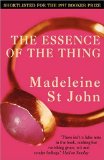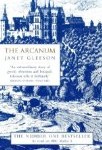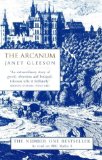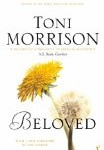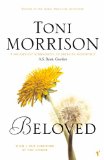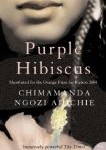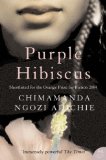To try to find more great authors, I’ve decide to take part in the ‘Book awards reading challenge’
Rules:
Read 10 award winners from August 1, 2008 through June 1, 2009.
You must have at least FIVE different awards in your ten titles.
The first 6 books I’m going to read are:
1. The Blind Assassin – Margaret Atwood (Winner of Booker Prize, 2000) completed 29th October 2008
2. Out Stealing Horses – Per Petterson (Winner of IMPAC Dublin Prize, 2007) completed 20th November 2008
3. The Amazing Adventures of Kavalier and Clay – Micheal Chabon (Winner of Pulitzer Prize, 2001) completed 27th November 2008
4. The Fingersmith – Sarah Waters (Winner of the CWA Ellis Peters Dagger for Historical Crime Fiction) completed 14th December 2008
5. We Need to Talk About Kevin – Lionel Shriver (Winner of Orange Prize, 2005) completed 14th January 2009
6. Blindness – Jose Saramago (Nobel Prize, 1998) completed 5th March 2009
7. Half of a Yellow Sun – Chimamanda Ngozi Adichie (Winner of Orange Prize, 2007)
8. The Secret River – Kate Grenville (Winner of Commonwealth Writers’ Prize, 2006)
9. Theory of War – John Brady (Winner of Costa/Whitbread Award, 1993)
10. Peace Like a River – Leif Enger (Alex Award, 2002)
I’ll do a bit more research into other prizes, and come up with the remaining book soon.

